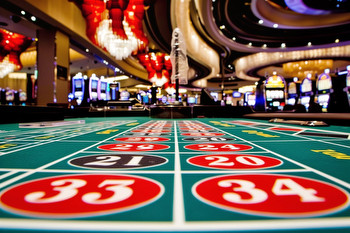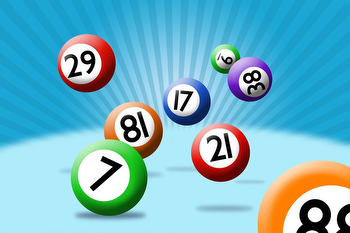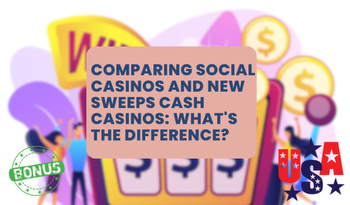The Psychology Behind Free-to-Play Casino Games and Their Transition to Paid Gambling

The proliferation of free-to-play (F2P) casino games has marked a significant shift in the gambling landscape. These games, often accessible via smartphones and social media platforms, serve as gateways to the exhilarating world of casino gaming without the immediate risk of financial loss. However, the psychological underpinnings of these F2P experiences often motivate players to transition to paid gambling. Let’s explore the reasons behind that.
What Are F2P Casino Games?
F2P casino games are ingeniously designed to mimic the look, sound, and feel of their real-money counterparts – in this zodiac casino Canada app review you can see some of the most popular game types imitated on F2P platforms. They provide an authentic caino experience complete with the thrill of winning and the near-misses that fuel a player’s desire to keep playing.
The psychological hook lies within these game mechanics, which are fine-tuned to stimulate the brain’s reward systems. When players win, even if the currency has no real-world value, the brain releases dopamine, a neurotransmitter associated with pleasure and reward. This positive reinforcement not only encourages repeated play but also creates a powerful association between the game and a sense of gratification.
The Switch to Paid Gambling
The transition from F2P to paid gambling can often be attributed to a concept known as the foot-in-the-door technique, a psychological phenomenon where commitment is gained in small steps. By initially engaging with a free version, players develop comfort and familiarity, which reduces the perceived risk of participating in paid versions. As players become more invested in the game, the allure of real-world gains becomes increasingly tempting.
Moreover, social proof and normalization play critical roles in this transition. Many F2P games include social sharing features, where players can boast about their wins or participate in leaderboards. This not only creates a community around the game but also normalizes gambling behaviors, potentially lowering inhibitions toward staking actual money.
Furthermore, the illusion of control is a central feature of both F2P and paid gambling games. Players are led to believe that their skills or strategies influence the outcome, which can lead to an overestimation of winning odds and can encourage the shift to real betting.
It’s important to acknowledge the ethical considerations in this progression. Critics argue that F2P games serve as a training ground for gambling, especially among younger demographics, making the transition to paid gambling not only seamless but expected. Regulatory bodies and mental health professionals are increasingly scrutinizing these games, advocating for responsible gaming practices and the inclusion of clear warnings about the associated risks.
Final Thoughts
In conclusion, the psychological tactics employed by F2P casino games are powerful drivers for engagement and retention. While these games offer harmless fun for many, they also have the potential to lead players toward real-money gambling. Understanding the psychological principles at work is crucial for players to maintain control and for policymakers to ensure that the gaming industry operates fairly and responsibly.


































